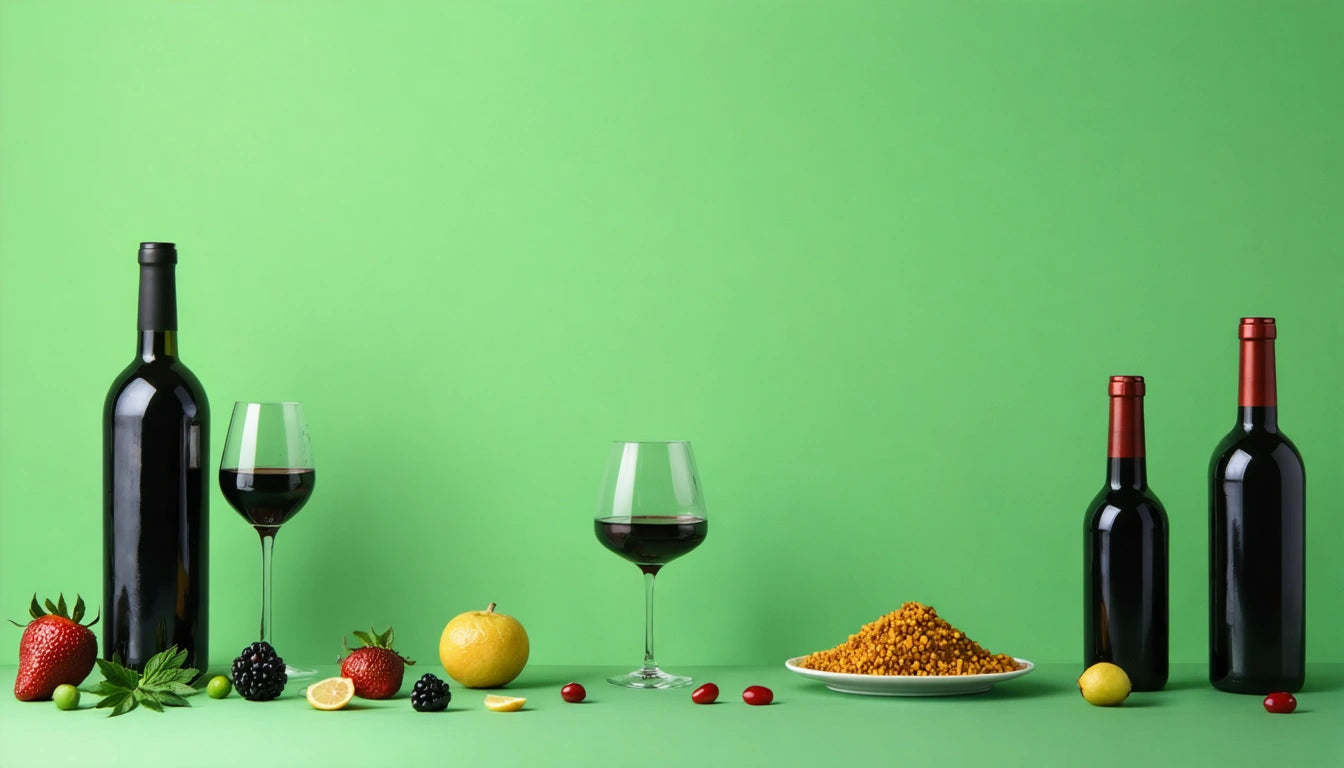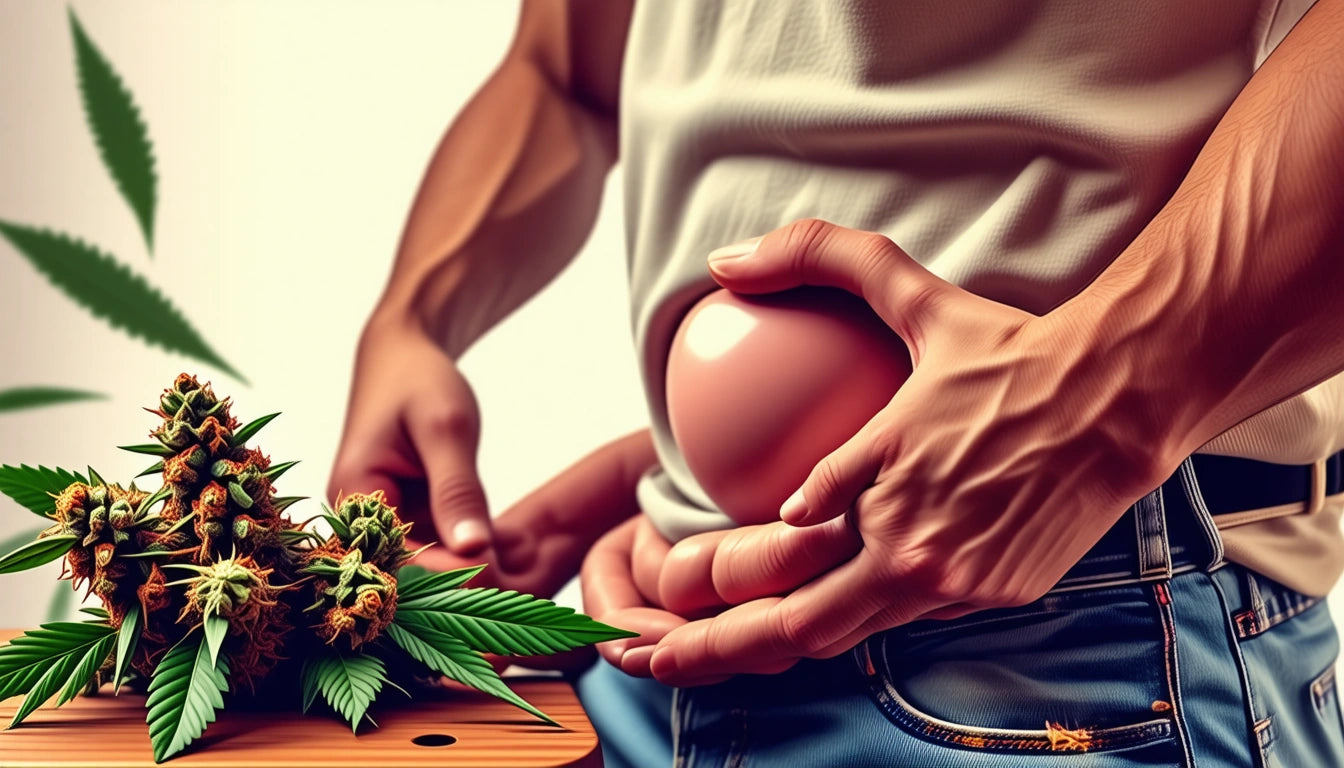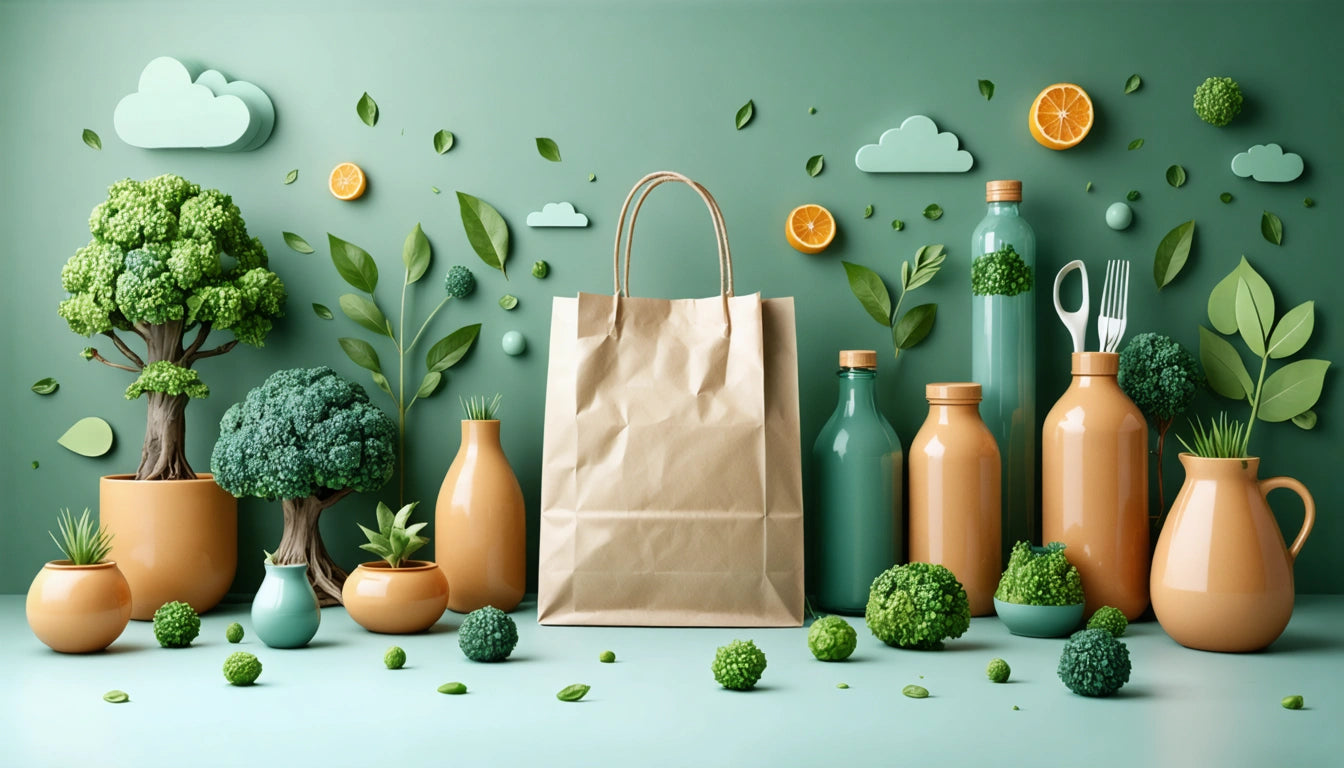Table of Contents
Cannabis edibles have become increasingly popular as more states legalize recreational and medical marijuana. However, combining edibles with alcohol or other substances raises important safety concerns that consumers should understand before experimenting with these combinations.
Understanding Edibles: Basics and Metabolism
Edibles are processed differently than inhaled cannabis. When consumed, THC passes through the digestive system and liver, where it's converted to 11-hydroxy-THC, a more potent compound that creates stronger and longer-lasting effects than smoking or vaping.
This metabolic process explains why edibles are stronger than smoking or vaping and why their effects can last significantly longer. Typically, edibles take between 30 minutes to 2 hours to kick in, with effects lasting anywhere from 4 to 12 hours depending on dosage, metabolism, and individual factors.
Edibles and Alcohol: A Risky Combination
Combining edibles with alcohol creates what experts call a "crossfade" effect, which can be unpredictable and potentially dangerous. Here's why this combination requires caution:
- Alcohol can increase blood THC levels, intensifying cannabis effects
- Both substances impair coordination, judgment, and reaction time
- The combination increases the risk of nausea and vomiting
- Alcohol may mask the onset of edible effects, leading to overconsumption
Many consumers don't realize that alcohol can accelerate THC absorption, making effects come on faster and stronger than expected. This can be particularly problematic with edibles since their effects are already delayed and difficult to dose precisely.
Edibles with Prescription Medications: Potential Interactions
Cannabis can interact with various prescription medications through the cytochrome P450 enzyme system in the liver. This system is responsible for metabolizing many drugs, and THC and CBD can inhibit or enhance its activity, potentially affecting medication levels in the bloodstream.
Medications with potential interactions include:
- Blood thinners (warfarin, heparin)
- Heart medications (beta-blockers, statins)
- Antidepressants and anti-anxiety medications
- Anticonvulsants and seizure medications
- Sedatives and sleep aids
Consumers should always consult healthcare providers about potential interactions between cannabis products and prescription medications. This is especially important when using our precision dosing equipment for creating consistent edible formulations at home, as even small variations can impact how medications interact.
Other Substance Combinations: What to Know
Cannabis and Caffeine
While generally considered less risky than alcohol combinations, mixing edibles with caffeine can create opposing effects: THC tends to relax while caffeine stimulates. This can mask fatigue or anxiety levels, potentially leading to overconsumption of either substance.
Cannabis and Tobacco/Nicotine
Nicotine can intensify the initial high from cannabis but may also increase heart rate and blood pressure. The combination may exacerbate anxiety or paranoia in susceptible individuals.
Cannabis and Other Recreational Drugs
Combining cannabis with other substances like MDMA, cocaine, or psychedelics can be unpredictable and potentially dangerous. These combinations can increase heart rate, anxiety, and the risk of psychotic symptoms.
Harm Reduction Strategies for Cannabis Consumers
If you choose to consume edibles alongside other substances (though not recommended), consider these harm reduction approaches:
- Start with a very low dose of edibles - beginners should start with 2.5-5mg THC
- Wait at least 2 hours before consuming more cannabis or other substances
- Understand how long edible effects typically last for your body
- Have a sober friend present when experimenting with combinations
- Know what to do if you consume too much THC
Learning to properly adjust edible dosages is essential for minimizing risks when consuming cannabis in any context, but especially when other substances might be involved.
Safety Recommendations and Best Practices
The safest approach is to avoid mixing edibles with alcohol or other substances entirely. However, for those who choose to do so, these practices can help reduce risks:
- Verify your edibles are properly dosed and labeled
- Check that products haven't expired or degraded, which could affect potency
- Plan transportation in advance (never drive under the influence)
- Stay hydrated and have food available
- Avoid unfamiliar settings or situations that might increase anxiety
Education remains the most powerful tool for cannabis consumers. Understanding how different substances interact with cannabis, recognizing your personal tolerance, and respecting the potent nature of edibles can help prevent negative experiences.
While cannabis has a strong safety profile compared to many substances, combining it with other drugs or alcohol introduces unpredictable variables that can compromise safety. The wisest approach is to enjoy cannabis edibles on their own, in appropriate doses, and in safe environments.











Leave a comment
All comments are moderated before being published.
This site is protected by hCaptcha and the hCaptcha Privacy Policy and Terms of Service apply.